Search Results
Showing results 1 to 20 of 31
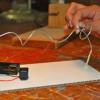
Circuit Game
Source Institutions
In this activity, learners build a game that tests their steadiness. Learners construct the game board by setting up an electrical circuit and a wand.
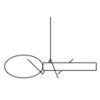
Charge Challenge
Source Institutions
In this activity, learners explore how objects can have positive, negative, or neutral charges, which attract, repel and move between objects.
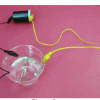
Electroplating
Source Institutions
In this electrochemistry activity, learners will explore two examples of electroplating.

Magnet Mania
Source Institutions
In this activity, learners explore the relationship between electric charges and magnetic fields.
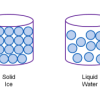
Atoms and Matter (3-6)
Source Institutions
In this activity, learners build models of atoms and molecules, then consider their role in different phases of matter, density, and mixtures and solutions.
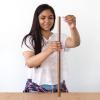
Eddy Currents
Source Institutions
In this activity related to magnetism and electricity, learners discover that a magnet falls more slowly through a metallic tube than it does through a nonmetallic tube.
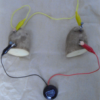
Making a Battery from a Potato
Source Institutions
In this electrochemistry activity, young learners and adult helpers create a battery from a potato to run a clock.
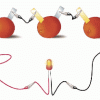
Electricity: Fruit Batteries
Source Institutions
In this activity, learners create a battery from fruit. This activity helps learners explore electricity, electrochemistry, and series circuits as well as the process of scientific inquiry.

Luminescence
Source Institutions
In this two-part activity about luminescence, learners explore the chemistry that happens inside glow sticks and other light producing reactions.
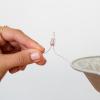
Charge and Carry
Source Institutions
In this activity about electricity, learners produce a spark that they can feel, see, and hear. Learners rub a Styrofoam plate with wool to give it an electric charge.
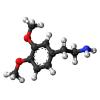
Ionic Bonding Puzzle Lab
Source Institutions
In this activity, learners create models of ionic compounds and observe the chemical formula of binary molecules they have created.
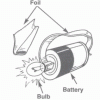
Bright Lights
Source Institutions
In this activity about electricity, learners imagine that they are out in the wilderness and it is getting dark. Their task is to use the materials supplied to build a simple flashlight.
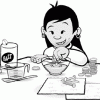
Copper Caper
Source Institutions
In this activity, learners conduct an oxidation experiment that turns old pennies bright and shiny. Learners soak 20 dull, dirty pennies in a bowl of salt and vinegar for five minutes.
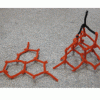
Carbon Configurations
Source Institutions
In this activity, learners use geometry to predict the shape of carbon. Learners twist and attach chenille stem pieces that represent bonds between different carbon atoms.
Triboluminescence
Source Institutions
In this activity, learners discover what happens when they crush wintergreen-flavored candies in a very dark room.
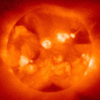
Four of the States of Matter
Source Institutions
This kinesthetic science demonstration introduces learners to four states of matter: solid, liquid, gas, and plasma.

Short Circuit
Source Institutions
In this activity about electricity, learners explore what happens when you blow a fuse.
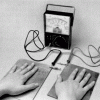
Hand Battery
Source Institutions
In this activity about chemistry and electricity, learners form a battery by placing their hands onto plates of different metals.
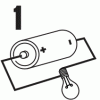
Circuit Sense
Source Institutions
In this activity about electricity, learners identify closed and open circuits. First, learners examine and label diagrams of open and closed circuits.

Magnetic Suction
Source Institutions
In this activity about electricity and magnetism, learners discover how a doorbell works. A coil of wire with current flowing through it forms an electromagnet that acts similar to a bar magnet.
